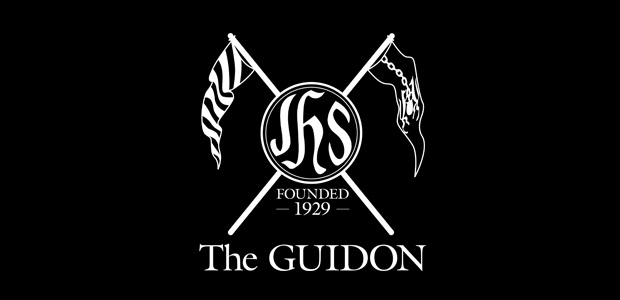
FOR FREE SPEECH. The GUIDON opposes certain parts of the cybercrime law, such as the libel provision.
RA 10175, or the Cybercrime Prevention Act of 2012, impedes on the rights of Filipino netizens. There is a need to revisit the law and introduce urgent amendments to it before it can be fairly implemented.
Aside from hampering freedom of speech, the law is open to abuse. The ambiguity of the libel provision inserted by Senator Tito Sotto in Section 4 virtually means that anything, from a comment on a website to a “like” on Facebook or a “retweet” on Twitter, can constitute libel. Anyone charged with online libel can be imprisoned for up to 12 years.
The United Nations Human Rights Council (UNHRC) previously condemned the Philippines’ harsh laws against libel, stating that it violates the International Covenant on Civil and Political Rights.
While organizations such as the UNHRC and Human Rights Watch are pushing for the decriminalization of libel, which would create a truly free press, the new law takes the country another step backwards, infringing not only on the rights of the press but also on those of the regular Internet user.
The methods the government plans to employ in the implementation of the law are unfairly intrusive towards regular Internet users. Section 12 of the law allows law enforcement authorities to monitor forms of private online communication, such as email, instant messaging and video chat, without a warrant.
President Benigno Aquino III has continued to defend the law despite the backlash, which is unfortunate. He argues that the law exists to create a “clean Internet” for the Philippines.
The problem is in the subjectivity of that “cleanness.” For whom is an Internet free of dissent a clean space? For anyone—particularly government officials—who can choose to abuse the ambiguity of the libel provision.
The inherent fluidity and accessibility of the Internet and the potential for virality keeps it a level playing field. News organizations, politicians and citizens are, in a sense, equal on the Internet. Voices both within and outside the mainstream discourse all have the opportunity to be heard. However, the new law will inhibit the freedom of expression that is central to the function of social media.
Senators’ admissions of signing on to the bill without knowing that the libel provision had been inserted and Sotto’s own flippant statement about decriminalizing libel point to a larger problem among our legislators.
It is their duty to their constituents to craft fair laws that will be to the benefit of the country, and this requires careful scrutiny on their part. The inclusion of the libel clause and other problematic points in the law cannot be dismissed as mere oversights when it is the nation’s freedom of speech at stake. Neither should a senator dodge the argument against him with plain irreverence.
Simply said, these instances show how many legislators need to take their jobs more seriously. Citizens and netizens are being made to suffer for too much of these legislators’ misdeeds and will continue to speak out against them, libel be damned.







